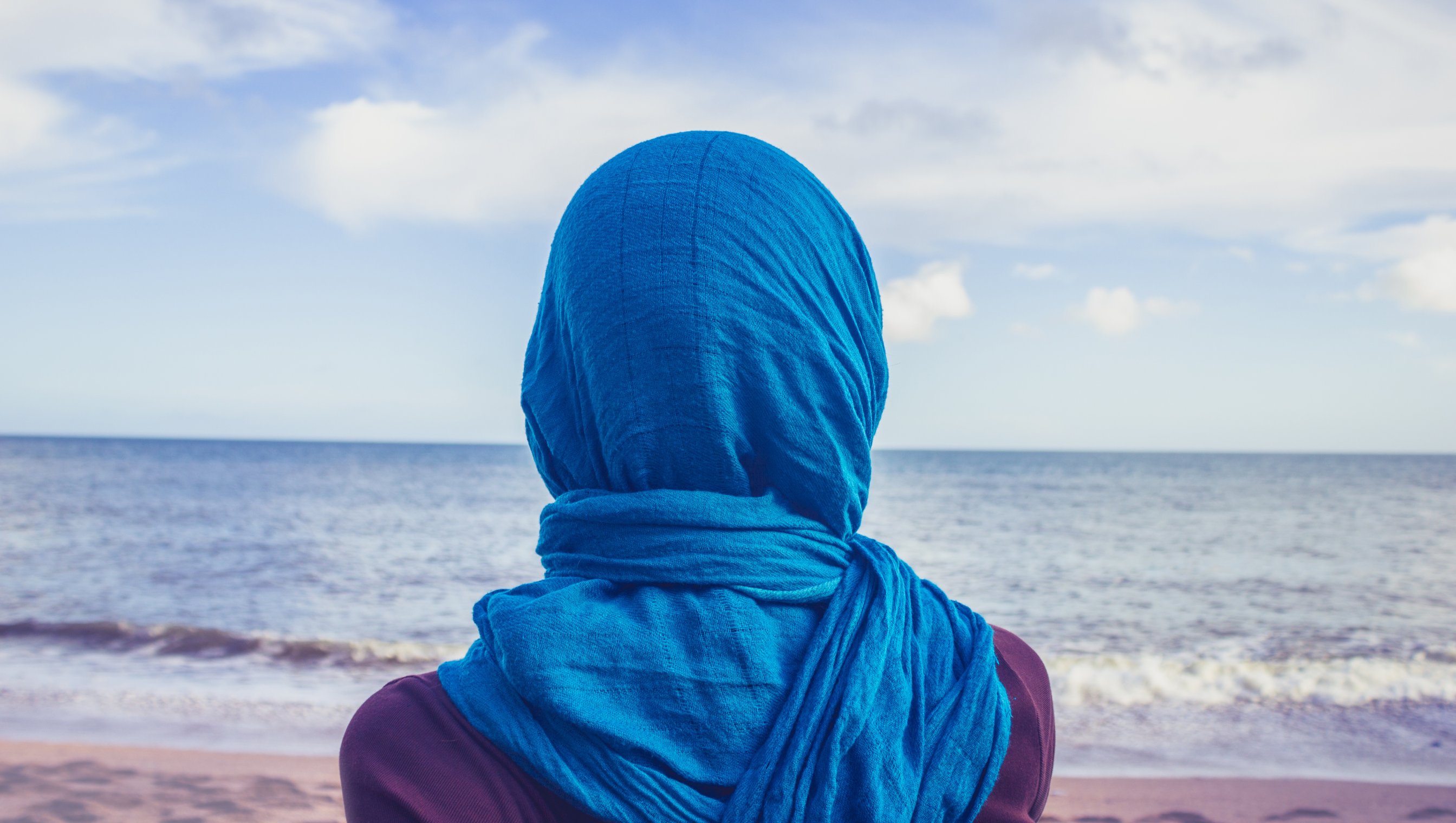On 2 December 2019, a woman and two of her daughters died from drowning in Tromsø. The third daughter was seriously injured. The woman came from South Sudan and had been granted residency in Norway for family reunification. She had been living in Norway for just over two years.
The incident attracted great interest in Tromsø, including a torchlit vigil, memorial, fundraising for the bereaved and the launch of low-threshold initiatives. Following the police investigation, the prosecution concluded that the mother was the perpetrator and that she acted alone. The criminal case was dismissed since she had also died.
In this report, we refer to the woman as Sarah and we refer to her husband as Adam.
The investigation did not provide reliable answers as to why Sarah acted the way she did. We will also never know whether the support system could have identified her earlier and whether the serious incident could have been avoided.
Tragedies like this happen very rarely in Norway (2), (3). NHIB has chosen this serious incident as the basis for investigating the underlying reasons why newly arrived refugees may experience significant burdens and extreme psychological stress.
No-one in the community had realised that Sarah found her existence to be unbearable.
The NHIB investigation seeks to provide answers as to why we are not always able to identify those who need help. The report identifies refugees who have been granted residency in Norway with family reunification which is a particularly vulnerable group.
We highlight factors that may influence whether the health and social care services are in a position to prevent and provide help.
Reunited families and other refugees are a disparate group (4). Our report looks at the situation of women from low-income countries who have been granted family reunification with refugees in Norway.
The report is aimed at employees, managers, authorities and decision-makers responsible for health and social care services and other services for refugees. Employees of the child welfare service, schools, daycare facilities and others with an interest in integration and migrant health may also benefit from the report.
